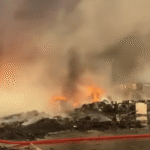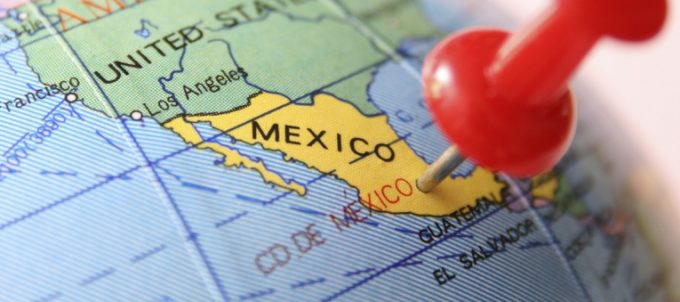Founding members of the BRICS alliance, India and Brazil, face new 50% tariffs on their goods exported to the US, according to a report by Yahoo Finance. These tariffs, the highest imposed by the United States on any country, have prompted the two countries to seek closer strategic, economic, trade, and energy cooperation, including signing new deals to expand their trade agreements.
Read also: Tripartite trade partnership between Brazil and India amid US tariffs
Brazilian Vice President Geraldo Alkemin visited India last week to hold meetings with high-ranking Indian officials as part of the India-Brazil Business Dialogue. Countries are expanding their partnership in the field of agriculture and global food security.
The Indian and Brazilian Chambers of Industry and Commerce signed a cooperation charter. Indian Minister of Commerce and Industry, Piyush Goyal, described this as “an important milestone in institutionalizing the India-Brazil trade partnership and creating new avenues of cooperation in sectors such as infrastructure, renewable energy, healthcare and innovation.”
India and Brazil also agreed to further deepen the existing preferential trade agreement between India and Mercosur, the South American trading bloc. The two countries agreed that “the expansion of the agreement should be significant, with the aim of obtaining a significant share of bilateral trade to benefit from customs preferences.”
Brazilian President Luiz Inacio Lula da Silva said: “We can create a great alliance with India – politically, space-wise, tradely and economically.” He added: “We will establish a strategic alliance with India and work to develop the Brazilian and Indian economies.”
The Trump administration imposed 50% tariffs on imports to the United States. US President Donald Trump imposed an additional 40% tariff on Brazil, effective August 6, bringing the total tariff rate to 50%. India also received a 50% tariff effective from the same date, with President Trump doubling an earlier 25% tariff due to India’s continued imports of Russian crude oil.
Pressure on India intensified recently after President Trump repeated his threat to force India to pay “huge” tariffs unless it stops buying Russian oil, repeating that Indian Prime Minister Narendra Modi had assured him those purchases would stop. Last week, India neither confirmed nor denied that it would reduce or stop its imports of Russian crude, and said that the main driver of its energy policy was “protecting the interests of the Indian consumer.”
Source: Market intelligence platform IndexBox










